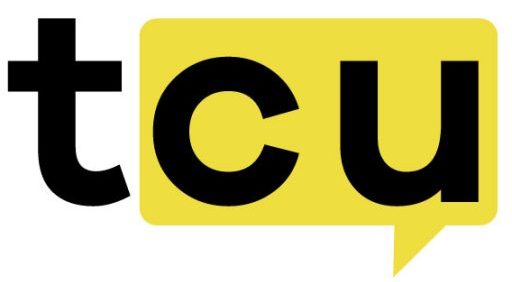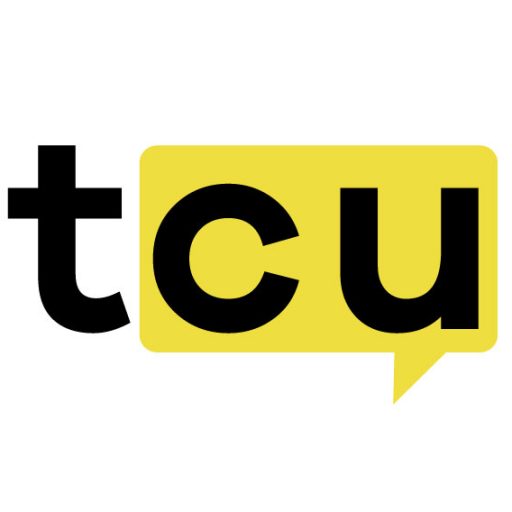1. Understanding Blockchain Technology
- Decentralization: No single entity controls the data; it’s maintained by a network of participants.
- Immutability: Once recorded, data cannot be altered without the consensus of the entire network.
- Transparency: All participants can view and verify transactions, ensuring full visibility.
2. The Current Challenges in Supply Chain Management
Global supply chains are incredibly complex, involving multiple parties like manufacturers, suppliers, warehouses, transport companies, distributors, and retailers. These interconnected systems, while essential, face several challenges:a. Lack of Transparency
In traditional supply chains, transparency is limited. Participants have only partial visibility into the processes. This can lead to miscommunication, delays, and inefficiencies.b. Fraud and Counterfeit Products
Supply chains are often vulnerable to fraud and counterfeiting. Unscrupulous actors can introduce counterfeit goods into the system, leading to significant financial losses and damage to brand reputation.c. Inefficiencies and Delays
Supply chains rely heavily on paperwork and manual record-keeping, which leads to delays and human errors. Shipping documents, invoices, and customs forms can take days or even weeks to process, slowing down the movement of goods.d. Limited Traceability
In industries like food, pharmaceuticals, and luxury goods, it’s critical to trace the origin and journey of products to ensure safety, quality, and authenticity. Traditional systems make it difficult to track products with precision.3. How Blockchain is Transforming Supply Chains
a. Enhanced Transparency and Trust
Blockchain allows for complete end-to-end visibility in the supply chain. Every participant, from manufacturers to retailers, can access the same data in real-time. This ensures that each transaction, from the sourcing of raw materials to the delivery of the final product, is recorded transparently and cannot be altered. For example, consider a luxury watch brand that wants to ensure its products are made using ethically sourced materials. With blockchain, the company can track every component of the watch from the raw materials used in production to its journey through the supply chain, ensuring complete transparency.b. Improved Traceability
Traceability is critical, especially in industries where quality and safety are paramount. Blockchain enables businesses to track products as they move through the supply chain with unmatched precision. For instance, in the food industry, blockchain can be used to trace the origin of ingredients, ensuring that food safety standards are met. If a contaminated product is discovered, blockchain allows for faster and more efficient recalls, pinpointing exactly where the issue occurred. A real-world example of this is Walmart, which uses blockchain technology to trace the journey of food products, ensuring safety and transparency for consumers.c. Faster and More Efficient Processes
Supply chains are often bogged down by paperwork and manual processes. Blockchain replaces these traditional methods with automated smart contracts. A smart contract is a self-executing contract where the terms are written into code. These contracts automatically execute when certain conditions are met, removing the need for intermediaries and significantly speeding up the process. For example, when a shipment arrives at a warehouse, a smart contract can automatically verify the delivery, update the blockchain, and release payment to the supplier. This reduces delays and increases operational efficiency.d. Fraud Prevention and Product Authentication
Counterfeit goods are a huge issue in industries like luxury goods, pharmaceuticals, and electronics. Blockchain allows companies to combat fraud by creating tamper-proof records of every transaction. For instance, in the pharmaceutical industry, where counterfeit drugs can have deadly consequences, blockchain enables manufacturers to track drugs from the production line to the pharmacy. Each stage is recorded on the blockchain, ensuring that the products reaching consumers are genuine and safe. Companies like Everledger are using blockchain to verify the authenticity of luxury items like diamonds, ensuring that each stone is ethically sourced and legitimate.e. Cost Reduction
Blockchain can significantly reduce costs associated with supply chain management. By eliminating intermediaries, minimizing paperwork, and reducing delays, businesses can save on administrative costs, reduce waste, and streamline operations. For example, using blockchain in cross-border trade can simplify customs procedures, reducing the need for manual checks and lowering transaction costs. This creates a more efficient system that benefits all parties involved.4. Real-World Applications of Blockchain in Supply Chains
Blockchain technology is already being applied in various industries to solve real-world supply chain problems. Here are some noteworthy examples:a. Food Safety
Blockchain is transforming the food industry by providing greater transparency and traceability. Companies like IBM Food Trust have created blockchain platforms that enable businesses to track food from farm to table. With blockchain, retailers can quickly trace the source of contaminated food, reducing the time it takes to execute recalls and improving consumer safety.b. Automotive Industry
In the automotive industry, companies like BMW are using blockchain to track parts and ensure that components are sourced from ethical suppliers. Blockchain also helps reduce fraud in the used car market by creating an immutable record of a vehicle’s history, ensuring that buyers can trust the information they receive.c. Fashion and Luxury Goods
Brands like Louis Vuitton are utilizing blockchain to authenticate their products. By tracking items from production to sale, these companies are fighting counterfeit goods and providing consumers with confidence in the authenticity of their purchases.d. Pharmaceuticals
Pharmaceutical companies are using blockchain to combat counterfeit drugs. For instance, Merck has implemented blockchain to track its medications from production to distribution, ensuring that only authentic drugs reach patients.5. Key Benefits of Blockchain in Supply Chains
a. Transparency
Blockchain provides real-time visibility into supply chain operations, allowing all participants to see the movement of goods and the associated transactions. This transparency helps build trust among stakeholders.b. Security
Blockchain’s decentralized and cryptographic nature makes it highly secure. Data recorded on the blockchain is immutable, meaning it cannot be changed or tampered with, reducing the risk of fraud.c. Efficiency
By automating processes and removing the need for intermediaries, blockchain increases operational efficiency. Smart contracts help streamline transactions, ensuring that payments and deliveries happen faster.d. Cost Savings
By reducing the need for manual record-keeping, minimizing delays, and improving coordination, blockchain helps lower the overall costs of supply chain management.e. Improved Traceability
With blockchain, companies can trace products from their origin to their final destination. This is especially important in industries like food, pharmaceuticals, and luxury goods, where quality and authenticity are paramount.6. Challenges of Implementing Blockchain in Supply Chains
While blockchain offers many benefits, there are also some challenges to its widespread adoption:a. Scalability
Blockchain networks, especially public ones, can face scalability issues. As more transactions are added, the network can become slower and more expensive to maintain.b. Integration with Legacy Systems
Many companies still rely on traditional systems for supply chain management. Integrating blockchain into these systems can be complex and require significant investments in new technology and training.c. Regulatory Concerns
Blockchain is a relatively new technology, and regulatory frameworks are still evolving. Companies need to navigate varying legal requirements across different countries and industries, which can complicate implementation.7. The Future of Blockchain in Supply Chains
The future of blockchain in supply chains looks promising. As the technology matures, we can expect to see greater adoption across industries, improved scalability, and more user-friendly platforms. Interoperability between different blockchain networks will also be a key focus, allowing supply chains to operate seamlessly across various platforms and ecosystems. Furthermore, advances in Internet of Things (IoT) technologies will complement blockchain by providing real-time data on the condition and location of goods, creating even more efficient and transparent supply chains.Conclusion
Blockchain is revolutionizing supply chains by increasing transparency, enhancing traceability, and reducing inefficiencies. From food safety to product authentication, this technology is solving some of the most pressing challenges in supply chain management. While there are challenges to widespread adoption, the benefits of blockchain make it a transformative force for the future of global trade. ![]()


